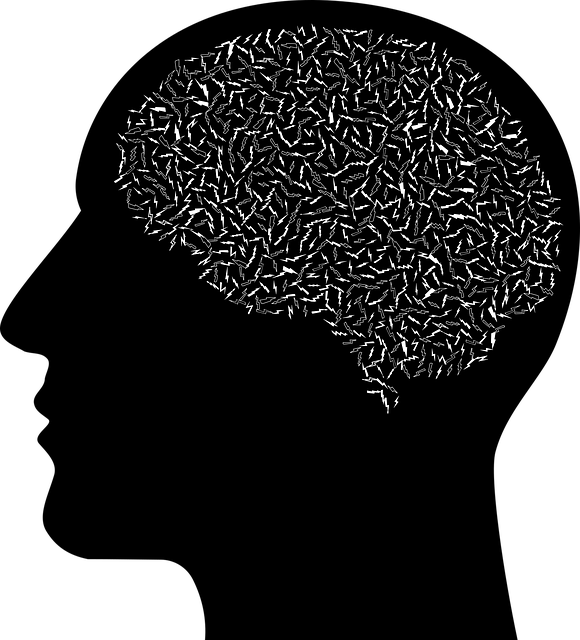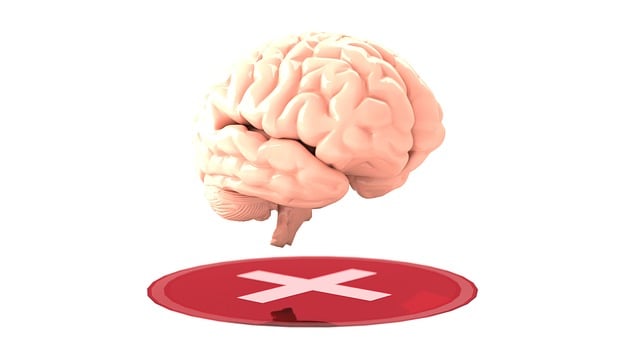Aurora Cognitive Processing Therapy (ACPT)-integrated self-assessment tools are powerful resources for improving mental health. These tools empower individuals to understand their thought patterns, identify areas of improvement, and develop coping strategies like stress management and emotional regulation. By combining evidence-based therapy with compassion cultivation, these assessments enhance emotional well-being, foster resilience, and support Self-Esteem Improvement. Through personalized prompts, journaling exercises, and conflict resolution techniques, ACPT-inspired tools promote introspection, self-awareness, and proactive mental wellness management.
Mental wellness self-assessment tools have emerged as powerful resources for individuals to gain insights into their cognitive and emotional states. This article explores the development of such tools, focusing on the integration of evidence-based practices like Aurora Cognitive Processing Therapy (ACPT). We delve into designing effective assessment mechanisms that can accurately gauge mental health, enabling personalized intervention strategies tailored to individual needs. By harnessing ACPT principles, these tools offer a transformative approach to self-care and mental wellness management.
- Understanding Mental Wellness Self-Assessment Tools
- Integrating Aurora Cognitive Processing Therapy
- Designing Effective Assessment Mechanisms
- Personalized Intervention Strategies Based on Results
Understanding Mental Wellness Self-Assessment Tools

Mental wellness self-assessment tools play a pivotal role in individuals’ journey towards better mental health management. These tools are designed to help people gain insights into their cognitive processes, emotions, and behaviors, enabling them to identify areas for improvement. One such innovative approach is Aurora Cognitive Processing Therapy (ACPT), which focuses on understanding and reshaping one’s thought patterns to promote positive mental wellness. By utilizing self-assessment tools grounded in evidence-based therapies like ACPT, individuals can proactively address issues related to burnout prevention, enhancing their overall well-being.
Beyond the scope of therapy, these self-assessment mechanisms are integral to various sectors, including Mental Health Policy Analysis and Advocacy, where they aid in recognizing systemic barriers to mental health support. Moreover, by encouraging Self-Esteem Improvement, these tools empower individuals to take charge of their mental health, fostering a sense of agency and resilience.
Integrating Aurora Cognitive Processing Therapy

Integrating Aurora Cognitive Processing Therapy (ACPT) into self-assessment tools offers a novel approach to mental wellness evaluation. This evidence-based therapy focuses on cognitive restructuring, encouraging individuals to challenge negative thought patterns and develop more adaptive coping strategies. By incorporating ACPT principles, self-assessment tools can facilitate deeper introspection, enabling users to identify and transform unhelpful beliefs and behaviors.
The integration of compassion cultivation practices within ACPT further enhances these tools’ effectiveness. Encouraging emotional regulation skills and fostering a sense of self-compassion are essential aspects of mental wellness. Combining these techniques with risk management planning for mental health professionals allows for comprehensive assessments, supporting individuals in managing their emotional well-being proactively. This holistic approach ensures that self-assessment tools not only identify potential issues but also provide actionable strategies for improvement.
Designing Effective Assessment Mechanisms

Developing effective mental wellness self-assessment tools involves integrating various therapeutic approaches and strategies that promote introspection and growth. One such evidence-based method is Aurora Cognitive Processing Therapy, which encourages individuals to explore their thoughts, emotions, and behaviors in a structured yet flexible manner. By incorporating this therapy’s principles, assessment mechanisms can be designed to facilitate deeper understanding of one’s mental landscape.
For instance, these tools should provide opportunities for self-reflection through techniques like journaling exercises guided by prompts relevant to the individual’s unique challenges. Additionally, conflict resolution techniques can be incorporated to help users navigate interpersonal interactions and emotional responses, thereby fostering a sense of control and confidence boosting. Such assessments aim to offer personalized insights, enabling individuals to recognize patterns, triggers, and potential areas for improvement, ultimately contributing to enhanced mental wellness.
Personalized Intervention Strategies Based on Results

Personalized Intervention Strategies Based on Results
Developing a mental wellness self-assessment tool like Aurora Cognitive Processing Therapy (ACPT) allows for tailored interventions based on individual needs and assessment outcomes. By utilizing evidence-based techniques, the tool can identify specific areas of concern, such as stress management, emotional regulation, or self-esteem improvement, among others. This personalized approach is crucial in addressing burnout prevention strategies for healthcare providers, who often face high-stress environments and need effective coping mechanisms.
ACPT’s ability to pinpoint vulnerabilities enables the creation of targeted interventions that can be seamlessly integrated into an individual’s routine. For instance, if the assessment reveals a need for better stress management, tailored techniques from Burnout Prevention Strategies for Healthcare Providers can be recommended. Similarly, if low self-esteem is identified, specific exercises aimed at fostering Self-Esteem Improvement might be incorporated to empower individuals with healthier cognitive patterns and overall mental wellness.
Mental wellness self-assessment tools are powerful resources that enable individuals to take charge of their mental health. By integrating innovative approaches like Aurora Cognitive Processing Therapy, these tools can provide personalized interventions based on accurate assessments. Through well-designed mechanisms, they foster self-awareness and offer guidance tailored to each user’s unique needs. This holistic approach, combined with evidence-based therapies like ACPT, has the potential to revolutionize mental health management, making it accessible and effective for everyone.











